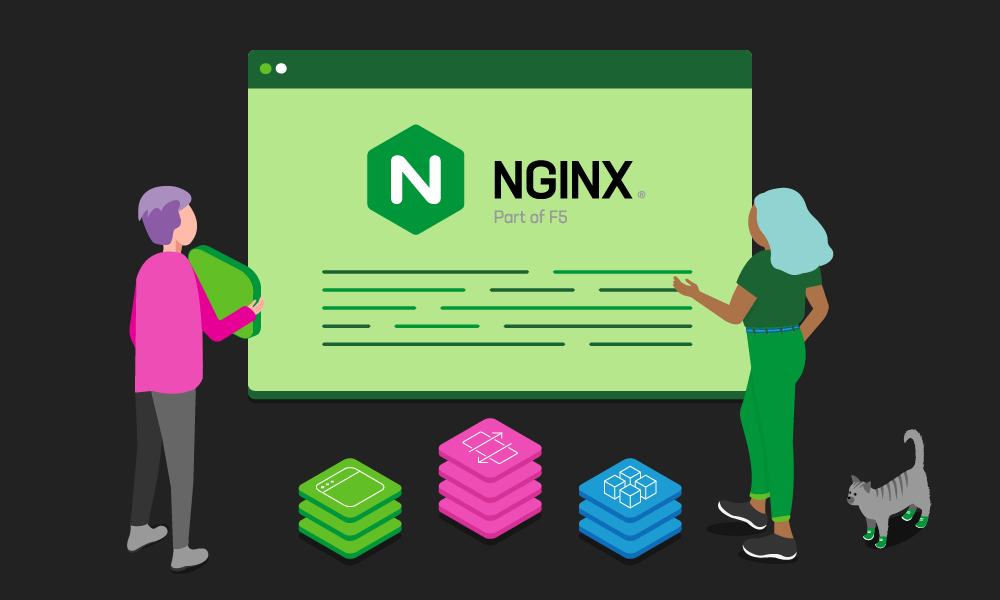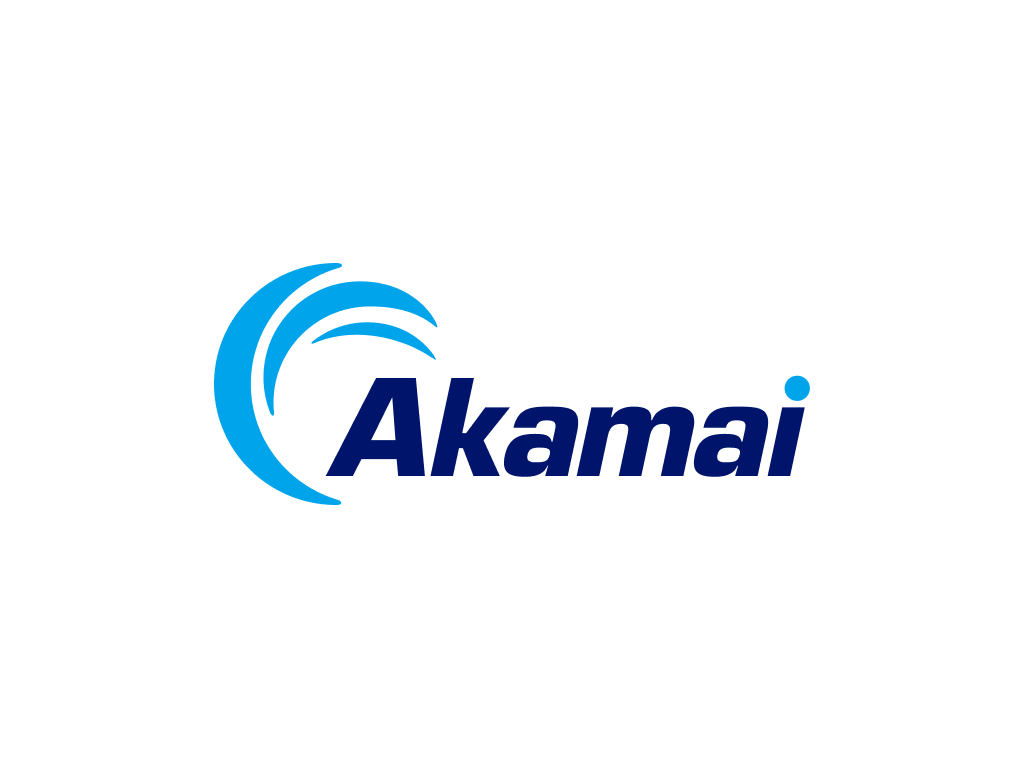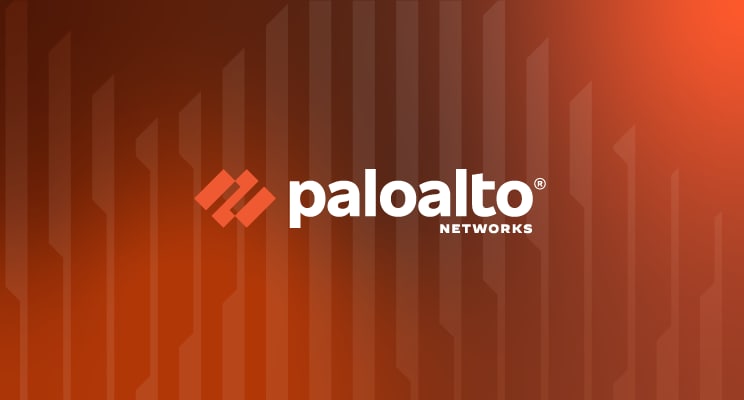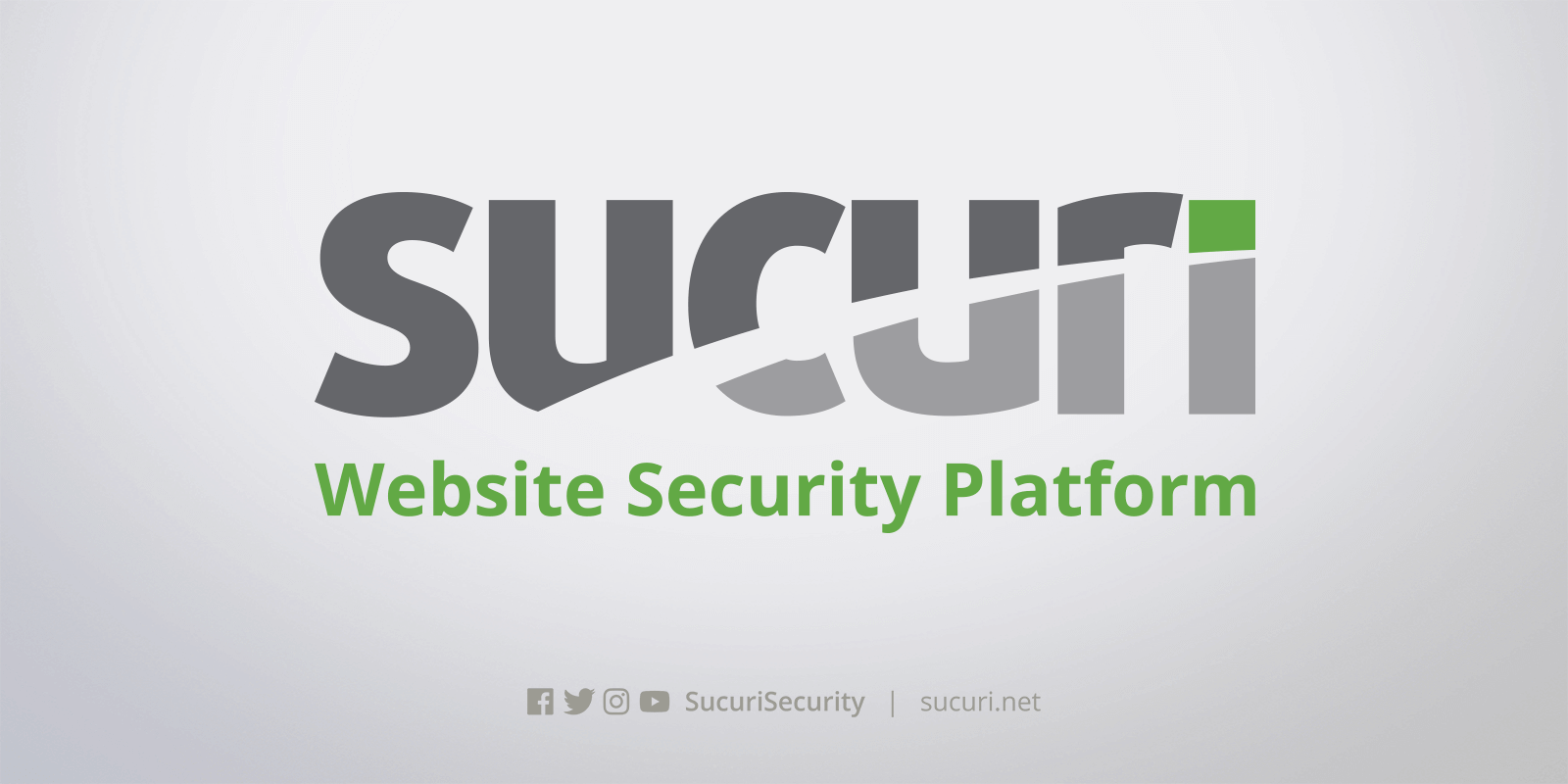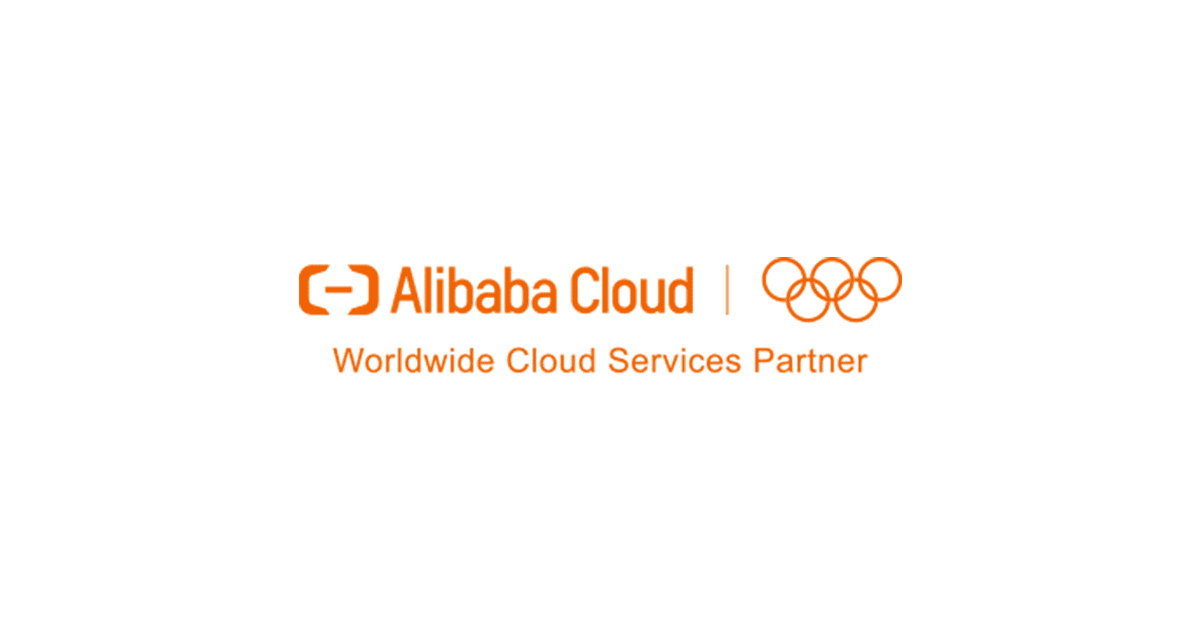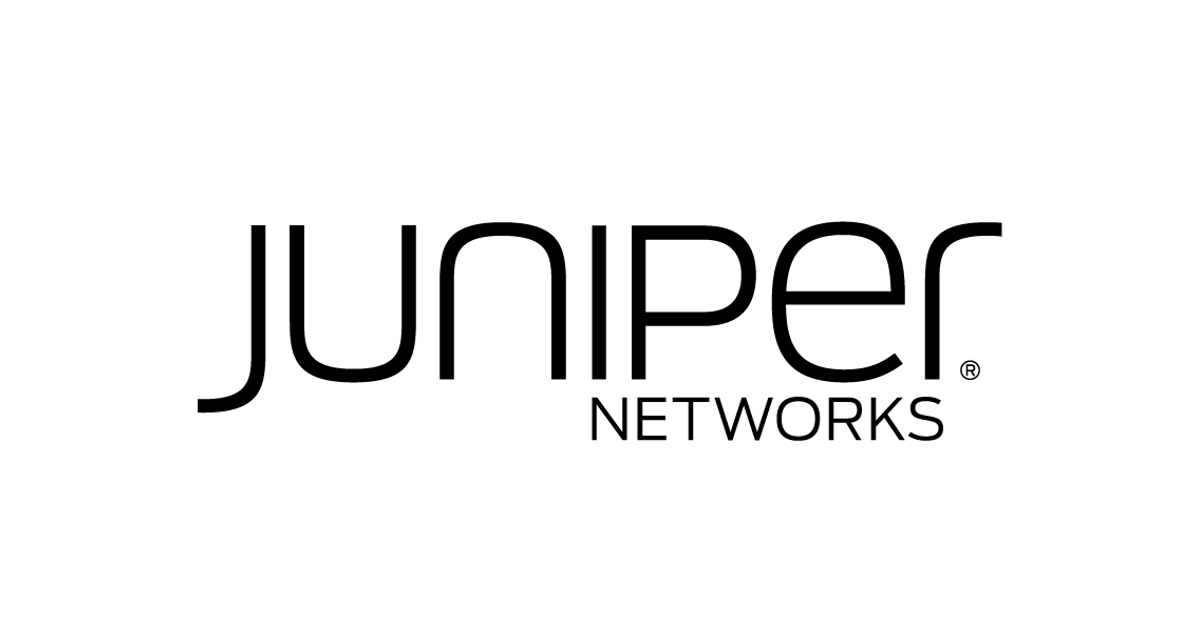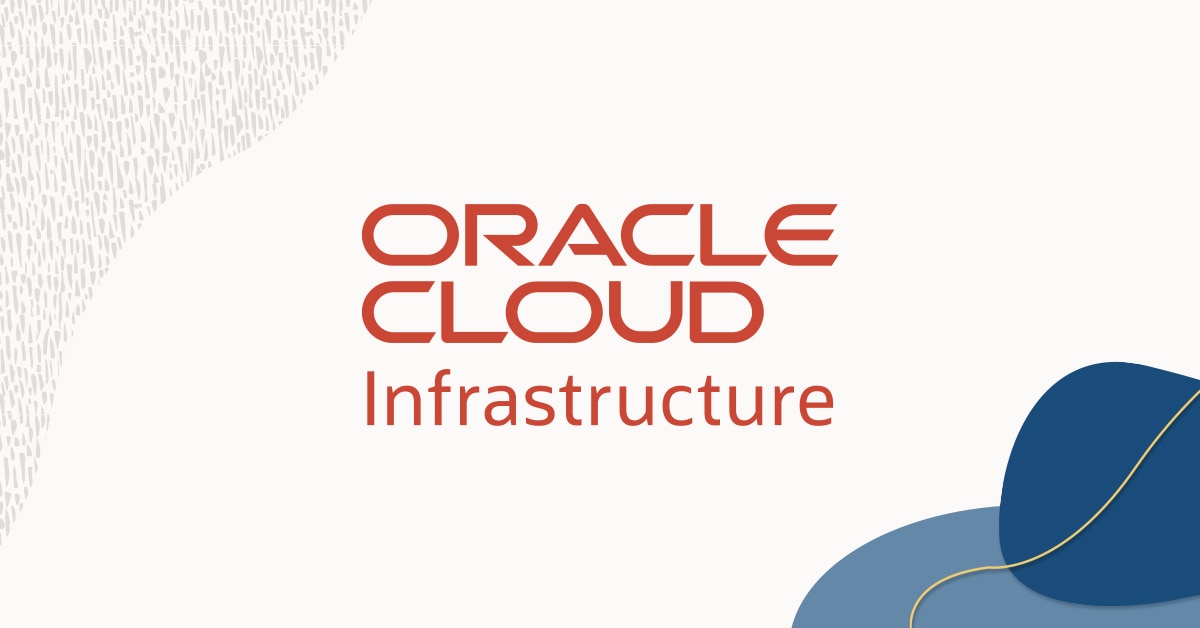Introduction
Distributed denial of service (DDoS) attacks have been on the rise over the past few years targeting both large enterprises and small businesses. While powerful bots can wreak havoc on websites and online services, there are many effective DDoS protection software in the market today that can help fend off such threats. In this blog, we evaluate 15 of the top DDoS protection providers based on their capabilities, pricing and real user reviews to help you pick the right software for your unique requirements.
Methods of Evaluation
To evaluate and rank the top 15 DDoS protection software, we considered the following factors: features and capabilities and ability to mitigate different types of attacks, pricing and availability of free trials, network infrastructure and global coverage, performance metrics like response times and uptime SLA, security certifications, number of customers and industry coverage. We also factored in third party reviews on G2, Capterra and Trustpilot along with keyword trends data and number of backlinks to gauge popularity and market presence for each vendor.
1. Cloudflare
Cloudflare is one the most popular cloud-based DDoS protection platform used globally by millions of websites and online properties. It protects against wide range of DDoS attacks.
Pros: Its key advantages include always-on DDoS protection, global network that covers major geographies, 24×7 expert support, easy to setup and manage, cost-effective pricing plans to suit all business needs.
Cons: One key disadvantage is that it works on filtering traffic at Cloudflare’s edge and can’t protect internal systems if the attack manages to pass through. Customers still need additional endpoint protection for internal servers and applications.
Pricing: Cloudflare offers free and paid plans starting from $20/month. The free plan protects against basic layer 3 and 4 DDoS attacks whereas paid plans protect against complex multi-vector DDoS attacks and come with additional features like analytics, bots filtering etc.
Cloudflare protects over 25 million Internet properties and handles over 175 billion cyber threats each day on average. It routes traffic through more than 200 cities in over 100 countries.
2. Nginx App Protect
Nginx App Protect is a web application firewall (WAF) and bot management solution developed by Nginx. It acts as a protective layer in front servers and applications, providing defense against both common and sophisticated attacks. The solution offers centralized policy management, reporting, and analytics across all protected services.
Pros: Key advantages of Nginx App Protect include: WAF by Nginx optimized for modern microservices architectures, strengthens API security and compliance across hybrid ecosystems, and focused Kubernetes, Docker integration lowers app development costs.
Cons: A potential disadvantage is that it requires additional resources and setup to implement the WAF in front of web applications and services compared to other less advanced solutions.
Pricing: Nginx App Protect pricing starts at $2/GB for the Pro plan which includes basic WAF and bot management capabilities. The Premier plan is $4/GB and adds advanced features like PCI compliance scanning. Both plans are monhtly subscriptions with no contract required.
Some key stats and facts about Nginx App Protect include: Protects over 50M websites globally, detects over 2B threats per day on average, has a self-learning security engine that stays up to date with the latest threats and vulnerabilities, and supports dynamic security policies for applications running on Kubernetes.
3. DenyHosts
DenyHosts is a free open source SSH honeypot tool that aims to help identify brute force login attempts and block discovered attackers. It works by monitoring SSH login attempts on Linux servers and tracking any IPs that trigger failures. Once a threshold is reached, the offending IP is automatically added to the firewall block list to prevent further access.
Pros: Some key advantages of DenyHosts include: Free and open source nature means it can be easily installed without costs; Lightweight operation that doesn’t burden servers; Automatically operation that doesn’t require ongoing manual monitoring or blocking of attackers.
Cons: The main disadvantage of DenyHosts is that, as an SSH honeypot, it only provides protection against brute force attacks on the SSH port and would not prevent other types of DDOS attacks.
Pricing: DenyHosts is open source software that can be downloaded and used at no cost. There are no additional licensing fees or subscriptions required to benefit from its automated SSH brute force blocking capabilities.
Key features of DenyHosts include: it is free and open source; it is lightweight and runs as an agent to automatically monitor and block attackers without administrator intervention; it effectively protects Linux servers facing SSH dictionary attacks and login brute forcing.
Full featured documentation deployment platformreadthedocs.io
4. Cisco WebEx Teams
Cisco WebEx Teams is a collaboration platform that brings together messaging, video meetings, whiteboarding, and file sharing in a single interface. With WebEx Teams, teams can securely connect anytime, anywhere on any device.
Pros: Some key advantages of Cisco WebEx Teams include: – Secures online meetings, messaging and file sharing with encryption and access controls – Intuitive interface makes collaborating and protecting remote work simple and intuitive – DDoS filtering and security tools help maintain constant uptime for optimum team productivity
Cons: One potential disadvantage is the pricing, as WebEx Teams plans and pricing can be more expensive than some competitors depending on team size and usage levels.
Pricing: WebEx Teams pricing starts at $15 per host/user per month for the basic plan. Additional premium plans with more features are available starting at $24.95 per host/user per month.
Some key stats about Cisco WebEx Teams include: – Used by over 100 million users globally each month – Supports meetings with up to 100 participants – Unlimited file sharing up to 1GB per file – Integrates with over 3000 apps like Slack, Microsoft Teams and Google Workspace
5. Sophos XG Firewall
Sophos XG Firewall is a next-generation unified threat management (UTM) firewall offering integrated distributed denial-of-service (DDoS) protection capabilities. As a leading cybersecurity vendor, Sophos aims to deliver comprehensive network security through the XG Firewall.
Pros: The main advantages of the Sophos XG Firewall for DDoS protection include its next-gen UTM firewall with integrated DDoS mitigation technology, flow-based analysis that can pinpoint anomalies amid high traffic volumes, and affordable hardware and VM-based deployment options.
Cons: As an integrated solution, the DDoS protection capabilities of the Sophos XG Firewall may not be as robust as purpose-built DDoS mitigation appliances from dedicated security vendors. Sophos does not provide guarantees around bandwidth caps or scrubbing centers that can handle the largest volume attacks.
Pricing: Pricing for the Sophos XG Firewall varies depending on throughput needs and deployment (physical appliance, virtual machine or cloud). Hardware appliances start around $2,000 for lower throughput models. Virtual machine licenses begin at $800 per year. Sophos also offers tiered managed security service plans.
Some key specs and capabilities of the Sophos XG Firewall include integrated intrusion prevention, web filtering, malware scanning and application control across physical, virtual and cloud-based deployment options. The firewall is optimized for mid-size networks of up to 10,000 users and supports over 1Gbps of throughput on high-end hardware appliances.
6. Akamai
Akamai is a leading cloud security provider that offers enterprise-grade DDoS protection solutions. Founded in 1998 and headquartered in Cambridge, Massachusetts, Akamai protects and delivers over 30% of the world’s internet traffic every day.
Pros: [‘Akamai is a leader in web and application security space. By providing intelligence-driven solutions backed by a massive global network, Akamai provides superior DDoS protection.’, “Akamai’s solutions are highly scalable and can mitigate very large layer 3/4 and layer 7 DDoS attacks within minutes.”]
Cons: One potential disadvantage is that Akamai’s premium enterprise-grade protection solutions come at a higher price point compared to some other vendors.
Pricing: Akamai offers both subscription-based and consumption-based pricing models for its DDoS protection. Premium 24/7 protection packages start at $20,000/year but the pricing is customizable based on network size, threat exposure, and other protection requirements.
Some key stats about Akamai’s DDoS protection capabilities include:
– Protected network of over 300,000 servers globally
– Can filter over 120 Tbps of web traffic
– Deployed across over 4,000 networks worldwide
– Over 20 years of experience mitigating DDoS attacks
7. Fortinet SSL VPN & Web Application Firewall
Fortinet SSL VPN & Web Application Firewall is a comprehensive cybersecurity solution from Fortinet that offers integrated network security and web application firewall capabilities. It provides distributed denial-of-service (DDoS) protection, web application filtering and secure remote access functionality all in one platform.
Pros: Fortinet SSL VPN & Web Application Firewall offers the following key advantages: integrated network and web application security, real-time DDoS protection and web exploit filtering, high performance with the ability to inspect over 100 billion transactions daily, comprehensive security that covers network, web apps and remote access.
Cons: A potential disadvantage is that the integrated platform may be more expensive than point solutions for individual needs like only VPN or only WAF. Additional licensing or hardware may be required to fully utilize all capabilities.
Pricing: Fortinet SSL VPN & Web Application Firewall pricing depends on throughput needs and additional services required. Appliances range from under $5,000 for small businesses to over $100,000 for very large enterprise deployments. Licensing and support plans are also available.
Some key stats about Fortinet SSL VPN & Web Application Firewall include: protects over 650,000 organizations globally, inspects over 100 billion web transactions per day, has over 500,000 high-performance network security appliances deployed worldwide.
8. Palo Alto Networks
Palo Alto Networks is a leading cybersecurity company known for its next-generation firewalls and advanced threat prevention technologies. Founded in 2005, Palo Alto provides cybersecurity solutions for enterprises, service providers, and government entities around the world.
Pros: Some key advantages of Palo Alto Networks include:
– Next-generation firewalls provide unified threat protection from malware, spyware, network vulnerabilities and more.
– Advanced machine learning and behavioral analytics pinpoint both known and zero-day attacks in real-time.
– Comprehensive security platform covers on-premise, cloud environments, endpoints and more through a single pane of glass management.
Cons: One potential disadvantage is the high upfront and ongoing costs associated with enterprise-grade cybersecurity solutions from Palo Alto Networks compared to cheaper alternatives.
Pricing: Pricing for Palo Alto Networks solutions varies based on hardware appliance size, licensing and support plans. Annual subscription licenses range from around $5,000 for basic next-gen firewall capabilities to over $500,000 for the largest enterprise deployments with full threat prevention suites, multiple appliances and premium support.
Some key stats about Palo Alto Networks include:
– Protects over 75,000 customers globally across all major industries.
– Processes over 100 billion network traffic packets per day to identify threats.
– Over 30,000 customers rely on Palo Alto for advanced URL filtering and application usage controls.
9. Sucuri Website Firewall
Sucuri Website Firewall is a fully managed web application firewall (WAF) and website security solution. Founded in 2009, Sucuri provides security monitoring and protection services for over 130,000 websites globally. The company helps businesses of all sizes protect their websites from cyber threats like malware, defacements, spam, and other attacks.
Pros: Some key advantages of Sucuri Website Firewall include:
– Web application security with alerting on policy violations
– Focuses on blocking threats like crawlers, bots and scrapers
– Affordable entry level packages for SMB and personal websites
Cons: One potential disadvantage is that the pricing can be higher for large enterprises with complex hosting environments or very high traffic volumes.
Pricing: Sucuri Website Firewall pricing starts at $9/month for basic monitoring and protection of a single website or application. Additional features and premium support are available in higher tier plans ranging from $29-199/month based on number of domains and websites protected.
Some key stats about Sucuri Website Firewall include: –
– Protects over 130,000 websites worldwide
– Blocks an average of 75 billion threats per month
– Responds to website security incidents within 15 minutes on average
– Provides 24/7 website security monitoring and alerts
10. Alibaba Cloud
Alibaba Cloud provides DDoS protection services through its elastic computing platform to help businesses mitigate DDoS attacks. Its distributed scrubbing network can process massive amounts of traffic to filter out malicious activity and allow legitimate traffic to pass through unaffected.
Pros: Alibaba Cloud’s DDoS protection service has the following key advantages: Alibaba Cloud’s DDoS protection service scrubbs traffic across its global network. It ensures applications remain protected from volumetric attacks. Its threat intelligence backed detection capabilities identify and mitigate advanced poly-dimensional DDoS and web-layer attacks.
Cons: One potential disadvantage is that the service is only available for applications hosted within Alibaba Cloud. It does not offer protection for on-premise systems or applications hosted with other cloud providers.
Pricing: Alibaba Cloud offers pay-as-you-go monthly pricing for its DDoS protection starting from $0.20 per hour for basic protection. Advanced mitigation capabilities are available with tiered monthly or annual subscription plans tailored for businesses of all sizes.
Some key stats about Alibaba Cloud’s DDoS protection service include scrubbing over 40 Tbps of traffic daily across its global network of over 200 points of presence worldwide. It can mitigate volumetric attacks exceeding 1 Tbps and has detection capabilities to identify both volumetric and advanced multi-vector attacks through its threat intelligence backed systems.
11. Juniper Mist AI
Juniper Mist AI is an AI-driven wireless networking solution from Juniper Networks. Mist AI applies the power of artificial intelligence to optimize wireless networks, detect threats, and improve the end user experience. By leveraging cloud-based AI and machine learning, Mist AI is able to learn from the network environment and proactively make recommendations to ensure optimal network performance and security.
Pros: Key advantages of Juniper Mist AI include:
– Applies AI to optimize and self-tune wireless network configurations for best performance
– Uses machine learning to detect threats, attacks, and vulnerabilities on the network
– Provides self-optimizing configuration recommendations to tune network security and access controls
– Improves the end user experience through automated troubleshooting and issue resolution
Cons: One potential disadvantage is that as an AI-driven solution, Mist AI requires adequate network and device data to be collected initially before the full benefits of machine learning and optimization can be realized. This requires an adjustment period for the AI models to learn customer environments.
Pricing: Juniper Mist AI pricing is based on the number of access points supported. It has flexible licensing options starting at $75 per AP for 1 year subscriptions. Larger deployments qualify for volume discounts. Additional services such as wireless assurance and AI app monitoring are sold separately.
Some key stats about Juniper Mist AI include:
– Protects over 5 million WiFi devices worldwide
– Has over 150 patents related to AI for wireless networking
– Can detect over 10,000 unique wireless attacks and vulnerabilities
– Self-optimizes wireless configurations over 50 times per day to improve performance
12. F5
F5 provides web application firewall and DDoS protection solutions to fortify websites and applications against modern threats. With over 25 years of experience in application delivery and security, F5 deploys its services through a global network of data centers to filter traffic and neutralize attacks before they reach customer networks and applications.
Pros: Key advantages of F5’s DDoS protection services include:
– Hybrid on-premise and cloud deployment options
– Real-time attack analytics and reporting dashboards
– Identifies and filters volumetric and lower layer attacks before reaching customer infrastructure
Cons: One potential disadvantage is that the on-premise hardware appliances required for a fully managed protection require additional upfront costs and real estate in the network or data center.
Pricing: F5 offers flexible pricing models including perpetual licenses for on-premise hardware or subscription-based pricing for fully-managed cloud-based protection starting at $5,000/month.
Some key stats about F5’s DDoS protection capabilities include:
– Protected over 10,000 customers globally across all industries
– Mitigated over 1 million attacks in 2022 totaling over 1 terabit per second of traffic
– Global network includes over 50 mitigation centers around the world
13. Barracuda Web Application Firewall
Barracuda Web Application Firewall (WAF) is a cloud-based web application and API protection solution from Barracuda Networks. As one of the leaders in web application security, Barracuda WAF helps protect web applications and APIs from common vulnerabilities, bots and DDoS attacks.
Pros: Some key advantages of Barracuda WAF include:
– Comprehensive protection against OWASP Top 10 vulnerabilities like XSS and SQLi out-of-the-box.
– Its signatureless approach eliminates the need for frequent rule/signature updates for emerging threats.
– Provides low false positive rates compared to other AI-powered WAF solutions.
– Offers flexible WAF rules, bot management and API protection capabilities.
– Has a simple and intuitive web-based management interface.
Cons: One potential disadvantage is that its pricing can be more expensive compared to basic WAF solutions for larger and more complex websites/applications requiring advanced bot management and analytics capabilities.
Pricing: Pricing starts from $3 per protected host for the basic “Barracuda Essentials” plan and goes up to $9 per protected host for its top-tier ‘Barracuda Pro’ plan including advanced features like bot management, API protections and analytics.
Some key stats about Barracuda WAF include:
– Protects over 100,000 websites globally across various industries such as ecommerce, finance and healthcare.
– Uses machine learning and behavioral analysis to secure sites without impacting the user experience.
– Can detect both known and unknown threats in real-time without needing frequent signature/rule updates.
– Offers bot management capabilities to differentiate between good and bad bots.
14. StackPath
StackPath is an edge computing platform that provides cloud-based DDoS protection and web application firewall (WAF) managed services. Founded in 2013 and based in Denver, Colorado, StackPath protects websites and applications for over 30,000 customers worldwide.
Pros: Some key advantages of StackPath’s DDoS protection include:Ensures non-stop availability of apps and APIs even under sustained attack volumesHighly effective against sophisticated layer 3-4 and layer 7 DDoS assaultsReal-time traffic steering and scrubbing centers mitigate threats at Internet scale before reaching customersNo CapEx required as this is provided entirely as a cloud-based managed service.
Cons: One potential disadvantage is that advanced customization options for rules and policies are more limited compared to an on-premise DDoS solution. Customers have less control over algorithm tuning and rule development.
Pricing: StackPath offers monthly or annual pricing plans starting from $150/month for basic DDoS protection up to $4,250/month for their highest tier ‘Enterprise’ plan which includes advanced WAF, auto-scaling, and dedicated support.
Some key stats about StackPath’s DDoS protection include:Global anycast network with over 100 edge nodes worldwideReal-time traffic analysis and threat mitigationAverage time to mitigate DDoS attacks is under 30 secondsAbility to absorb DDoS attacks exceeding 1 Tbps24/7/365 security operations monitoring and response
15. Dyn
Dyn is a Domain Name System (DNS) company that provides cloud-based DNS services and distributed denial-of-service (DDoS) protection. Founded in 1986, Dyn is headquartered in Manchester, New Hampshire and operates globally distributed DNS infrastructure spanning over 50 locations worldwide. Dyn protects customers from DDoS attacks by filtering hundreds of attack vectors through machine learning and behavioral analysis techniques.
Pros: Some key advantages of Dyn’s DDoS protection software include:
– Global network spans 50+ locations worldwide for enhanced coverage and resiliency
– Filters hundreds of attack vectors through continuous machine learning for evolving threat protection
– Quick onboarding gets sites protected within 24 hours to minimize downtime during attacks
Cons: One potential disadvantage is that onboarding new customers and activating protection requires manual review which can delay protection for a day or less depending on the size and complexity of the customer’s network/infrastructure.
Pricing: Dyn offers flexible pricing plans starting at $600/month for baseline DDoS mitigation protection. Custom plans with additional features like support for high bandwidth sites or integration with third party systems are also available with customized pricing.
Some key stats about Dyn’s DDoS protection capabilities include:
– Protects over 15,000 customers globally across many industries
– Filters over 15 Tbps of DDoS traffic daily using machine learning
– Onboards new customers and gets their sites protected within 24 hours
Conclusion
While all the DDoS protection software covered here are excellent in their own right, Cloudflare, Akamai, Fortinet, Cisco and Alibaba Cloud emerged as the clear leaders based on their extensive feature set, proven track record of reliably mitigating even the largest of DDoS attacks, availability of flexible pricing plans and strong industry reputation built over many years of serving top global brands. However, the right solution also depends on your unique business and technical requirements as well as budget – so be sure to carefully evaluate each option based on your organization’s needs. With the right DDoS protection software, you can now breathe easy knowing your online assets are safeguarded from even the most advanced of cyber attacks.




